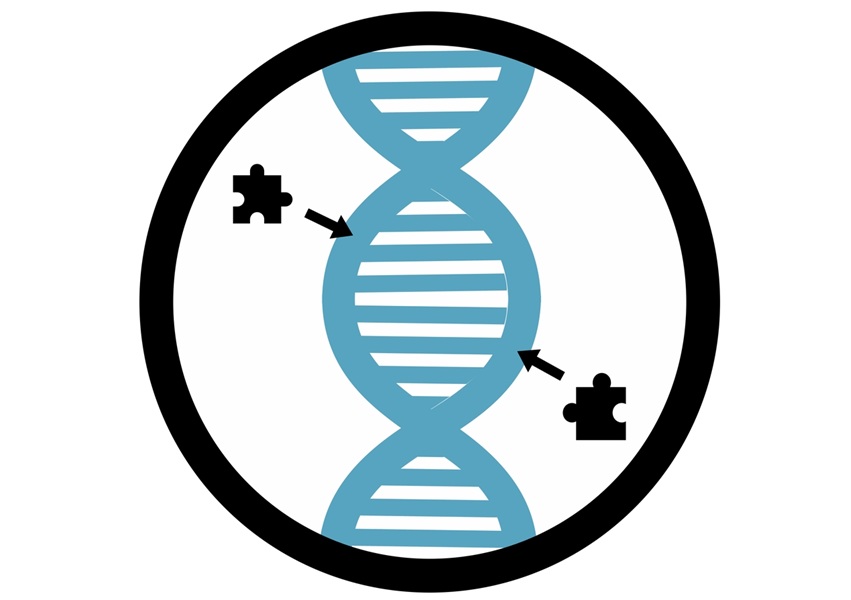Biomarker Identifies Breast Cancers with Poor Prognoses
By LabMedica International staff writers
Posted on 11 Sep 2014
Breast cancers are stratified into distinct subtypes, which influence therapeutic responsiveness and patient outcome, and those with luminal breast cancers are often associated with a better prognosis relative to other subtypes, but subsets of patients with luminal breast cancer remain at increased risk of cancer-related death.Posted on 11 Sep 2014
A protein has been uncovered that shows promise as a biomarker to identify breast cancers with poor prognoses as neoplasms are deadly in large part due to its ability to metastasize, to travel from one organ or tissue type to another and malignantly spread anew and the vast majority of cancer deaths are associated with metastasis.

Image: A Boyden Chamber for cell transmigration (Photo courtesy of Neuro Probe).
Scientists at McGill University (Montreal, QC, Canada) investigated the role of the Src (homology 2 domain containing) transforming protein 1 isoform p66ShcA in breast cancer. The team used different cell lines, mouse models, immunoblotting, enzyme-linked immunoassays (ELISA) and quantitative real-time polymerase chain reactions (qRT-PCR). They also performed immunohistochemical and immunohistofluorescent staining of paraffin- and Optimal Cutting Temperature compound (OCT)-embedded sections. Boyden Chamber Assays and Scratch assays were also carried out.
The team showed that the protein p66ShcA is highly enriched in breast cancers that have undergone epithelial to mesenchymal transition (EMT) and in breast cancer, this process aids metastasis. Epithelial cells line surfaces which come into contact with the environment, such as skin and the gastrointestinal tract. Mesenchymal cells are a type of cell in embryonic tissue and in connective tissue, where they form very loose contacts with one-another. Tumor cells lose mature epithelial characteristics, such as the ability to adhere to their neighbors, and gain those of the mesenchymal cells which enable them to move easily through the cellular matrix and into the blood stream. That enables their metastatic migration to distant organs and tissues.
Josie Ursini-Siegel, PhD, an assistant professor and the lead author, said, “We showed that elevated p66ShcA expression levels are strongly associated with expression of numerous epithelial to mesenchymal transition genes in all breast cancer subtypes. Thus, p66ShcA may serve as one of the first prognostic biomarkers to identify poor outcome breasts cancers regardless of their molecular subtype.” The study was published online on July 28, 2014, in the journal Molecular and Cellular Biology.
Related Links:
McGill University










 (3) (1).png)


